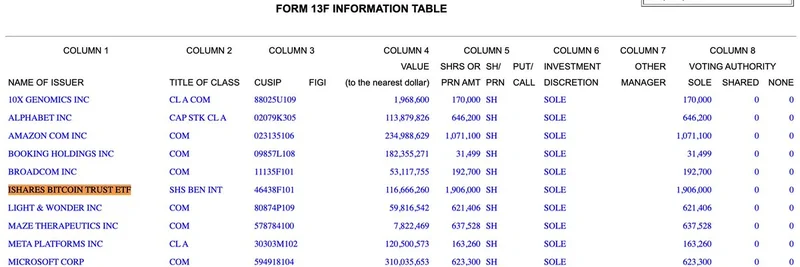In the fast-paced world of cryptocurrency, where Bitcoin has evolved from a niche experiment to a trillion-dollar asset, it's easy to forget how many so-called experts got it wrong. A recent Twitter thread by Jon Charbonneau, a crypto researcher and co-founder of DBA Crypto, perfectly captures this sentiment. He takes aim at Kenneth Rogoff, a Harvard economist and former chief economist at the IMF, for still misunderstanding Bitcoin after 16 years. If you're into meme tokens or just dipping your toes into blockchain, this exchange is a goldmine of insights on why traditional experts often miss the boat on disruptive tech like crypto.
Charbonneau's thread starts by quoting Rogoff's post, where the economist admits he predicted Bitcoin would be worth $100 rather than $100,000 a decade ago. Rogoff attributes Bitcoin's surge to lax regulations enabling tax evasion and illegal activities, its role in the underground economy, and even regulators holding massive crypto stakes without consequences. But Charbonneau isn't buying it. He fires back: "Harvard economist + former IMF chief economist who still doesn’t understand one of the biggest macro assets in the world after 16 years, & thinks BTC is just going up bc of buying drugs and tax evasion, is a great reminder that experts are fake." Ouch—that's a mic drop moment if I've ever seen one.
Why This Matters for Crypto and Meme Tokens
Bitcoin, often hailed as the original meme coin in crypto circles due to its viral adoption and cultural impact, represents more than just digital gold. It's a macro asset that's reshaped global finance, drawing in governments, institutions, and everyday investors. Yet, experts like Rogoff cling to outdated views, focusing on negatives like illicit use while ignoring Bitcoin's resilience and mainstream integration. This mindset is eerily similar to how traditional finance dismisses meme tokens—think Dogecoin or newer Solana-based memes—as mere jokes or scams. But as we've seen, memes can explode in value through community hype, just like Bitcoin did in its early days.
Charbonneau adds a touch of empathy in his follow-up: "Tbf I might also lose my shit if I called an asset fake and dumb then watched it rip 10000000% in my face and had the most important people and governments in the world shilling it." Fair point. Watching Bitcoin's price skyrocket while your predictions flop would sting anyone. He then points out the irony: Harvard itself recently disclosed holding over $116 million in BlackRock's iShares Bitcoin Trust ETF, per an SEC filing. Talk about cognitive dissonance—Rogoff's own institution is betting big on the asset he downplays.
This revelation underscores a key lesson for meme token enthusiasts: Institutional adoption is real and accelerating. Just as Harvard is stacking Bitcoin, we're seeing big players eye meme coins for their viral potential and liquidity. But it also warns against blindly trusting "experts." Many come from legacy systems that fear decentralization, much like how central banks view blockchain as a threat.
Lessons from the Thread for Blockchain Practitioners
If you're building or investing in the meme token space, threads like this are reminders to stay humble and informed. Technical terms like "macro asset" refer to something that influences the broader economy, like stocks or commodities—Bitcoin fits because its price correlates with global events, from inflation to geopolitical tensions. "Tax evasion and illegal activities" are common FUD (fear, uncertainty, doubt) thrown at crypto, but on-chain transparency actually makes Bitcoin traceable, countering those claims.
Rogoff mentions Bitcoin's role in the "twenty-trillion dollar global underground economy," linking to his book Our Dollar, Your Problem. While underground demand exists, it's a fraction of Bitcoin's appeal. The real drivers? Scarcity (only 21 million BTC ever), network effects, and growing acceptance as a store of value. For meme tokens, similar dynamics apply: Community strength and narrative can create lasting value, even if started as a joke.
The thread sparked replies echoing this frustration. One user shared a meme about "downloading bitcoin.exe," poking fun at how Bitcoin disrupts traditional systems with its decentralized, unstoppable nature.
Another noted, "Sometimes credentials just mean they’ve mastered the wrong models." Spot on—expertise in fiat economics doesn't translate to crypto's paradigm shift.
As we at Meme Insider continue to track the wild world of meme tokens, stories like this highlight why blockchain is revolutionary. It's not just about gains; it's about challenging outdated systems. If a Harvard prof can miss Bitcoin's rise, imagine what "experts" are saying about your favorite meme coin today. Stay curious, do your own research, and remember: In crypto, the crowd often outsmarts the ivory tower.
For the full thread, check it out here. What do you think— are experts overrated in crypto? Drop your thoughts in the comments!



